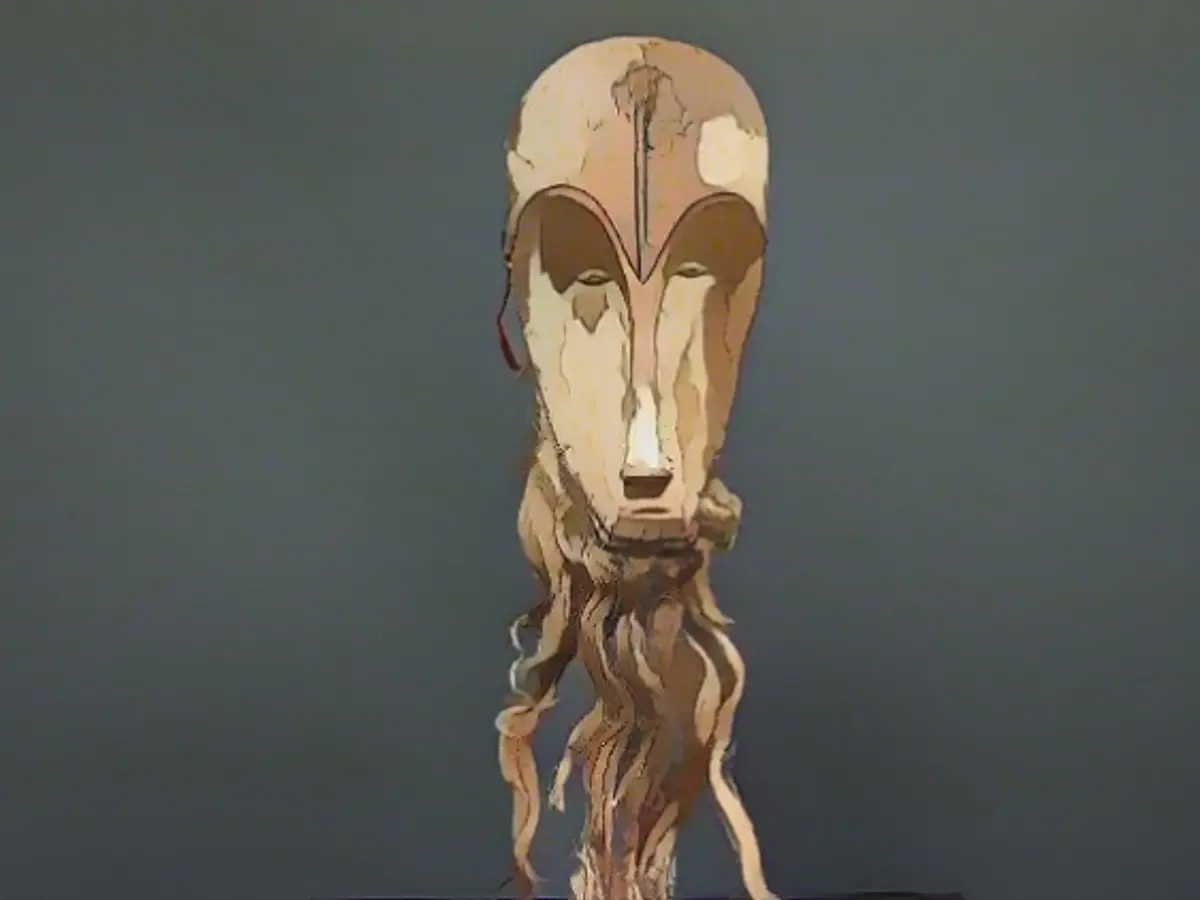In a surprising turn of events, a French couple found themselves on the losing end of a court battle over a "worthless" million-dollar mask. The retirement-aged couple had sold the African artifact for a mere 150 euros to a junk dealer, who later unknowingly auctioned it off for an enormous 4.2 million euros.
Initially, the French couple sought to reclaim the mask, claiming that the junk dealer had no knowledge of art objects and was therefore not qualified to sell it. However, the court in Alès dismissed the claim, ruling that the couple had neglected to have the mask appraised before selling it. The court determined that the junk dealer could not be held responsible, as he lacked special knowledge of art objects.
The mask, a Fang mask from Gabon, was believed to have been brought to France around 1900 by the grandfather of the couple. Despite this, the court refused to return the mask to the couple, instead offering to pay them 300,000 euros afterwards. The Republic of Gabon also entered the case, seeking to have the mask returned to its homeland. However, the court handily dismissed this claim as well.
The international art community was stunned by the court's decision, as such judgments often require international consensus and procedures. The case has brought attention to the need for proper appraisal and documentation of African artifacts, many of which can be found in French homes and museums.
As a result, the French government is considering implementing stricter regulations for the auctioning of African artifacts, following international criticism and the Gabon mask controversy. These regulations could potentially set a precedent for the return and restitution of cultural property in similar cases in the future.
In the context of the UNESCO meetings and repatriation efforts, international regulations on the value and ownership of African artifacts can significantly impact similar cases in the future by setting a precedent for the return and restitution of cultural property. This includes the UNESCO 1970 Convention, which prohibits the illicit import, export, and transfer of ownership of cultural property, and legislation such as the Native American Graves Protection and Repatriation Act (NAGPRA).
In conclusion, while the French couple lost their case, it has brought attention to the importance of proper appraisal and documentation of African artifacts and the need for stricter regulations in the auctioning of such items. The international art community is closely watching this case and the potential implications for the repatriation of cultural property in the future.








